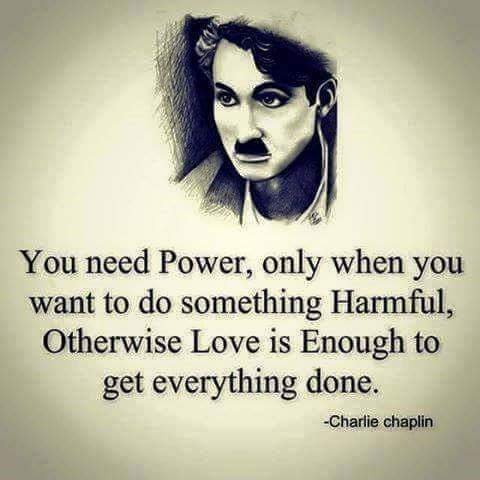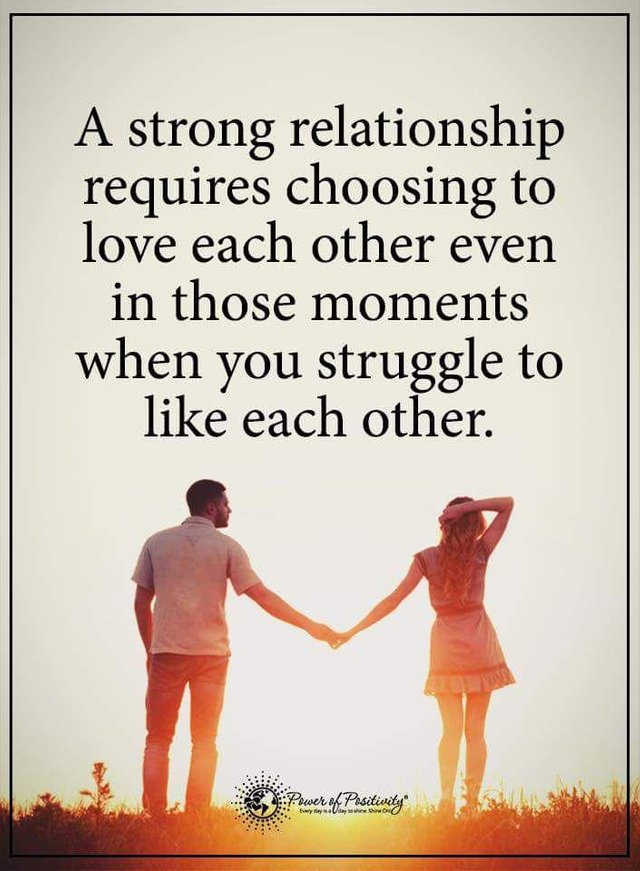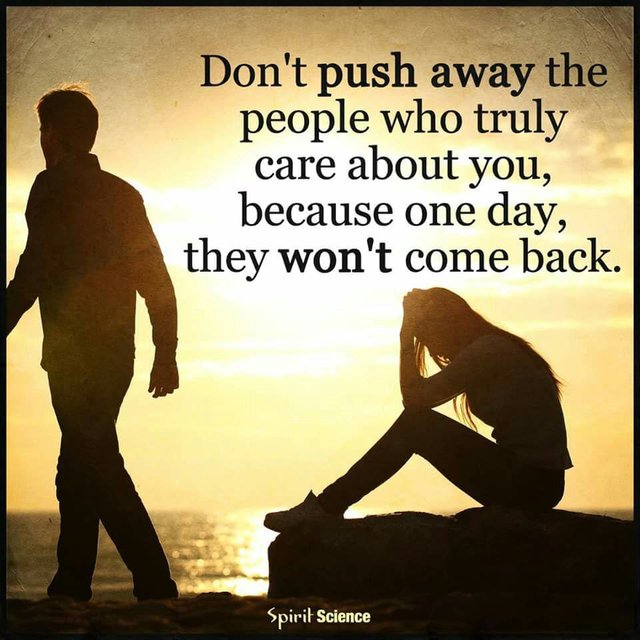Don’t Be Afraid To Completely Cut Family Members Out Of Your Life
Cutting toxic people out of your life is important, both for your mental health and wellness, even if they are family members.
Do you know someone who has been affected by a toxic relationship with someone, especially a family member? Let them know that it is alright to cut that person out of their life, temporary or even for along period of time.

Our society has conditioned us to believe that family bond should not broken. However, it’s not always true. A toxic family member can do more harm than a friend or an acquaintance. Any toxic relationship can drain you emotionally, but the one that involves your family members can impact your overall mental health the most.
Sometimes it might be better for your own mental and emotional stability and peace, to keep a distance from some particular family members, even if that means letting them go forever (hopefully this does not happen until they die).

Alithia Asturrizaga, a licensed clinical social worker at Alithia Psychotherapy Associates, P.C., summons her campus and says, “I have worked with countless people who have lived their lives dealing with toxic family members and significant others. In fact, this is one of the chief reasons that many people seek therapy. There are certain techniques that people can use to make these relationships more tolerable—these methods generally involve distancing yourself to a certain degree from the toxic person. However, in many cases, the best solution is to remove the toxic individual from your life completely.”
Now, it might still be possible to remove toxic lovers, friends, acquaintances or colleagues from your life with or without much of a drama and aftermath. But what if you have an abusive relationship with your immediate family? How do you address this?

“This is rarely easy and is often complicated and emotionally conflicting in the case of close family relationships, such as with a parent—but when situations deteriorate to the point of making it impossible to live a happy and liberated life, this course of action is usually the best,” Asturrizaga says.
Before you start shutting people down, it’s also equally important to understand the signs of a negative person. Taking note of their behavior helps you in your proper judgment.
What we are trying to say is you cannot make anyone happy if your own happiness is at risk.

It’s imperative for every individual to focus on their life first and then let other people in his or her life. A relationship is a lot of work and the one with family is supposed to be sacred. So we attach a lot of expectations around it. And when our family members take us for granted, or hurt us, we lose our minds. It’s essential to maintain a balance and some personal space, even with your parents and siblings and one should be able to respect others’ personal space as well. But if nothing works, then cutting them out of your life is the necessary step you need to take.
Families are there to support you, cheer you and be there for you in times of need. So any group of people you surround yourself with and who prove that is your family.
If any member of your family shows the following symptoms, you can be assured that they are a threat to your mental health:
Instead of appreciating what you have achieved in life, they will point out what you haven’t. They make you the victim of their insecurities. They will remind you constantly that life is unfair and there is nothing to be happy about because they are personally feeling not happy and they want you in their shoes.
They will always judge you. There is a fine line between constructive feedback and opinion based judgment. You will know when their criticism is helpful or they are just trying to bring you down.
They will use up all your positive energy to make some sense of their miserable lives, and when you need them, they will disappear. They abuse your energy and makes you more negative than you should be.
If your family member knows all your strengths and weaknesses and uses them against you when the times are tough, you know they are not the ones to be trusted with your secrets or personal information. They are not trustworthy and they misuse your trust.
Do you have a family member who emotionally dependent on you and has made you the anchor of their life? Chances are they are feeding off your energy and will continually blame you for not being there, even if they know that you have a life of your own. They will always blame you for their mistakes.
Their behavior towards you changes according to the people around you. They will tell you all the nice things to you in person, but usually, in front of anyone else, they will either be sarcastic or mean. One day, they will celebrate you and pretend to care, but other days they are insensitive to you and will insult you. The hurt is never intended to be malicious, but always done in love and respect. Behavior is choice-driven.”

An LPC LCAS for the last eight years at Families Services of America, Shannon Battle suggests establishing boundaries as the best way to approach a toxic person. Battle says, “Anytime you deal with toxicity, understand there is a learning curve. There will be periods of uncertainty, guilt, and possible loss in relationships. You have to determine the level of sacrifice you are willing to make to protect your emotions and those that trust you to protect them as well. Sometimes, you have to hurt one to help another.
It won’t feel natural to remove a family member from your life. There are so many emotions and strings attached, and it will, of course, shake the foundation your life is based on.
But if you do not resist this impulse, you will have to pay the price to keep that foundation intact; and that price is your mental stability.
This price is higher, especially if that family member is your parent. A parent by default gets the benefit of the doubt because raising a child can be tricky and overwhelming. And sometimes even if you try to convince your family member that what they’re doing is harming the ecosystem, they will dismiss your thoughts, put the blame on you or society or take it personally and won’t change ever. But that’s okay because you have to keep trying.
Abusive relationships with parents are often the worst of the kind. Lori Osachy, MSS, LCSW and director and owner of The Body Image Counseling Center, says to her Campus, “Often one of these toxic family members is a parent. It is extremely painful to realize that a toxic parent’s personality is very unlikely to ever change. The decision to go low or no-contact, and then stick with one’s decision, can be excruciating. On top of that, my clients often do not realize the parent’s behavior is toxic, so they continue to put up with abusive behaviors. The social stigma of needing to ‘honor thy mother and father’ is another stumbling block. Sometimes cutting a parent out of your life is the best decision, but you need enormous support and education to do it successfully and experience relief.”

After you have identified and confronted the toxic person in your life, it might backfire you in the way that you the abuser might try to gaslight you into believing that it’s you, who is the negative influence in their lives because of which they behave the way they do. They can play the victim card against you which might confuse you and in worst cases, make you feel terrible about yourself. And in this way, the never-ending cycle of abusive behavior just goes on. It is a pattern, and it will repeat, so you have to be very cautious and evaluate the situation from a place of logic and what feels right to you.